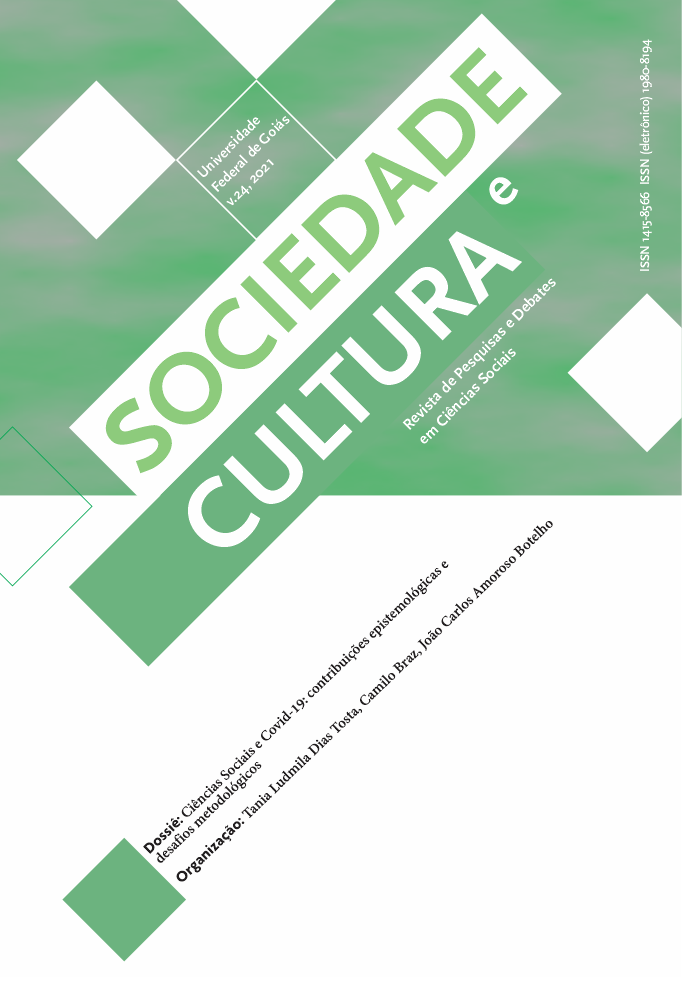Inhospitable home-becoming: territorial transformations caused by antipersonnel landmines in Colombia
DOI:
https://doi.org/10.5216/sec.v24.63185Abstract
This article asks how the presence of antipersonnel mines (APMs) changes the relationship between rural communities and their territory. We argue that the presence of APMs produces social effects that shape a sinister or inhospitable territory-becoming, i.e. its transformation into something that is both familiar and uncanny. This phenomenon supports the domination dynamics on the part of armed groups responsible for the installation of those artifacts. This article introduces the historical memory study carried out in three Colombian municipalities with members of associations of victims of APMs. The text concludes that the installation of these weapons, as a strategy of the armed groups to continue the underground war, does not only affect people victimized by such explosive traps, but profoundly changes the social sense of home that a given territory has for a local community.
Downloads
Downloads
Published
How to Cite
Issue
Section
License
Copyright (c) 2021 Sociedade e Cultura

This work is licensed under a Creative Commons Attribution 4.0 International License.
Authors who publish in this journal agree to the following terms:
- Authors retain the copyright and grant the journal the right of first publication, the work being simultaneously licensed under the Creative Commons Attribution License, which allows the sharing of the work with acknowledgment of authorship and of the initial publication in this journal;
- Authors are authorized to enter into additional contracts separately, for non-exclusive distribution of the version of the work published in this journal (eg, publishing in an institutional repository or as a book chapter), with acknowledgment of authorship and of the initial publication in this journal;
- Authors are allowed and encouraged to post and distribute their work online (eg, in institutional repositories or on their personal page) at any point before or during the editorial process, as this can bring productive change as well as increases the impact and the citation of the published work (see O Efeito do Acesso Livre).



